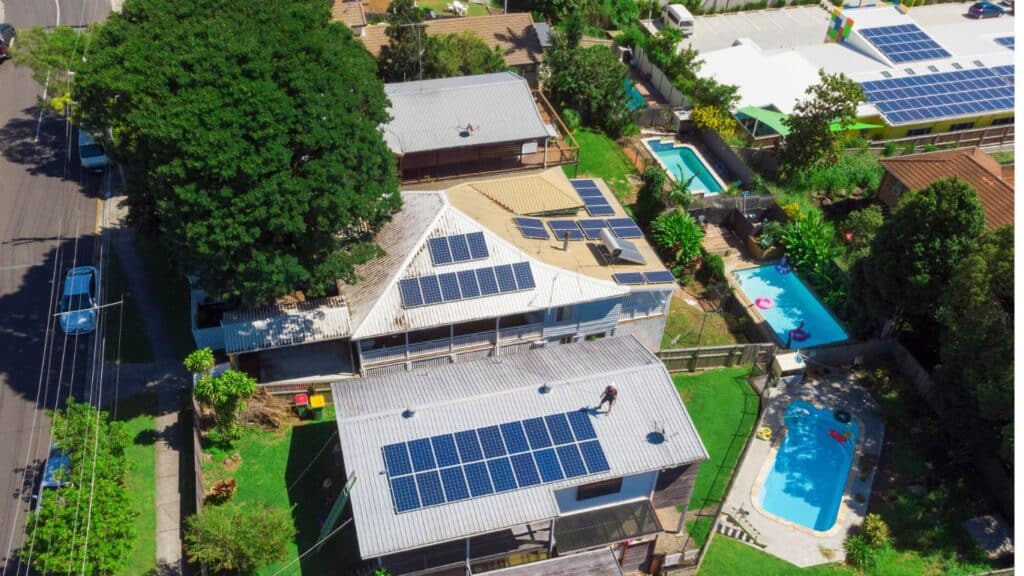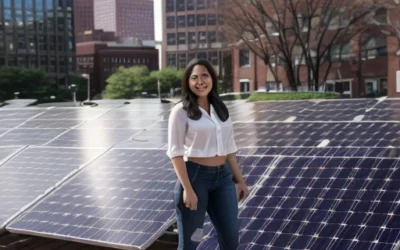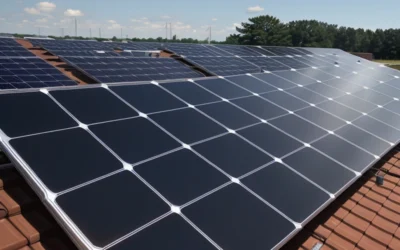Solar Rebates: Everything You Need to Know
Solar energy systems either use photovoltaic (PV) panels or mirrors to convert sunlight into electrical energy. This power can be converted into electricity, or it can be stored thermally or in batteries. There are more reasons people decide to go solar, from saving money to protecting the environment. This investment, however, is not cheap. That is why, there are plenty of rebates, grants, and incentives that can ease the cost of going solar.
|
Did you know that there are several Ohio solar incentives, rebates, and programs expiring in 2023? Before you start worrying, you should know that there are unbelievable new incentives here now! Check out one of the most popular resources for learning about these programs in the link below.
Access Ohio Solar Programs |
A rebate lowers the initial cost of solar panels. Once the solar panels have been installed by a solar contractor, these rebates are often sent to the recipient in the form of a check. A solar rebate might take the shape of a cashback or a discounted solar panel price. They can come from the government or from the local utility provider.
You can maximize the use of your solar panels by following our advice. Do your research, and compare the rebates offered on your market. Apply as soon as you install your solar panels. Don’t try to install solar by yourself! Currently, hiring a certified expert that uses high-quality solar panels and has experience installing solar is the best way to go about it. The North American Board of Certified Energy Practitioners grants the industry-recognized qualification (NABCEP). All solar panels are installed by a qualified installer in accordance with regional building, fire, and electrical requirements. They have all passed international inspection and testing standards.
The Federal Solar Investment Tax Credit
One very important program that can be used to reduce the cost of going solar is the Federal Tax Solar Investment Tax Credit. The Federal Solar Investment Tax Credit also referred to as the ITC, is a federal initiative that encourages Americans to use solar power. For solar systems placed on residential and commercial premises, this program offers a 26 percent tax credit that can be applied to tax liabilities. When you buy solar panels and install them on your roof, you can claim a tax credit.
The range of possible earnings is as follows.
- For projects starting in 2021 and 2022, the percentage is 26%,
- Projects that begin development in 2023 will receive a discount of 22%.,
- Residential credit will be eliminated after 2023, while commercial credit will continue to be 10%.
You must fulfill a number of prerequisites in order to be eligible for this credit, including:
- The solar PV system is installed at your primary or secondary residence in the United States, or for an off-site community solar project if the electricity generated is credited against and does not exceed the amount of electricity used by your home.
- You are the owner of the solar PV system
- It is a brand-new or never-before-used solar PV system. Credit is only available for the “initial installation” of solar equipment.






